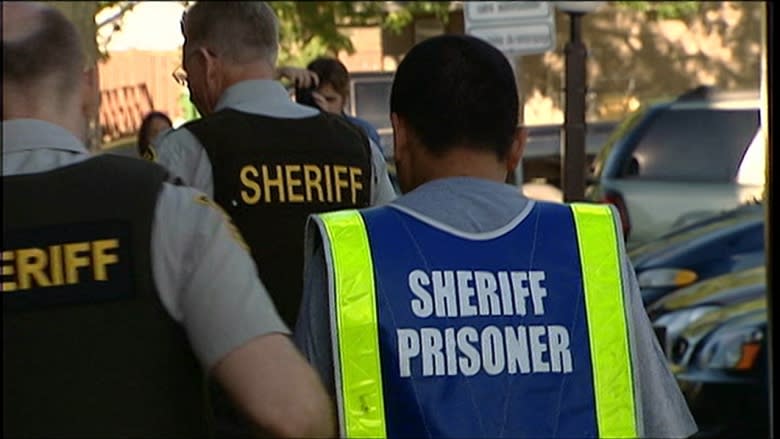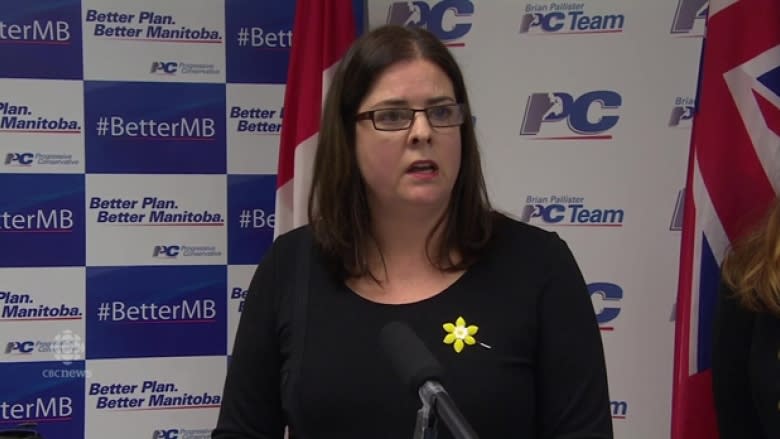Manitoba hiring more sheriff's officers after overtime tops 31,000 hours a year
Three candidates have completed their training to become sheriff's officers and another seven will start shortly as Manitoba Justice beefs up its complement of court system staff. Sheriffs Services has 102 full-time officers and vacancies for three more.
The additional staff may help quiet criticism that a shortage of sheriff's officers has led to a rise in overtime. Training classes are held on an "as-needed basis" according a spokesperson for Justice Minister Heather Stefanson and all successful candidates are hired on part-time terms.
A review of Manitoba Justice launched by the Progressive Conservative government resulted in some training classes being cancelled last year. The classes were then reinstated after parts of the review were completed.
Fifteen part-time term sheriff's officers were trained in late 2016.
Adding more officers may also decrease a growing reliance on overtime to staff court houses and transport prisoners. The department paid out 27,416.48 hours in overtime to sheriff's officers in 2013-14. That number rose to 31,629.25 hours in 2015-16.
Those numbers are a cause of concern for the union representing sheriff's officers. Michelle Gawronsky of the Manitoba Government and General Employees Union said being "fully staffed" doesn't mean being "appropriately staffed."
"Working excessive overtime or even short-handed should never be an option when public safety is at stake. That's why we will continue to push the government for more investments to help our sheriffs do their jobs," Gawronsky said in a statement.
Stefanson said hiring on an as-needed basis and that will help reduce the overtime costs.
"We are trying to hire and broaden that pool of part-time employees to be able to call on those individuals to help reduce those overtime costs," Stefanson said.
A number of variables can affect overtime beyond staffing levels. A spokesperson for the minister told CBC News issues such as "weather, road conditions or the number of people being transported at any one time [ ...] are often outside our control."
The province is also hoping to use technology to ease the overtime.
"We want to use video-conferencing and so on — using technology in both the courthouses and the correctional facilities to reduce the need for those inmates to travel back and forth, which obviously reduces the overtime for sheriff officers," Stefanson said.
The Progressive Conservative government also hopes its request to Ottawa for a pilot project to end preliminary inquiries would help unclog the court system and create more efficiencies. For more serious offences, preliminary inquiries would be replaced with an out-of-court discovery process.
Stefanson said the pilot project may help ease delays and reduce the number of inmates on remand.



